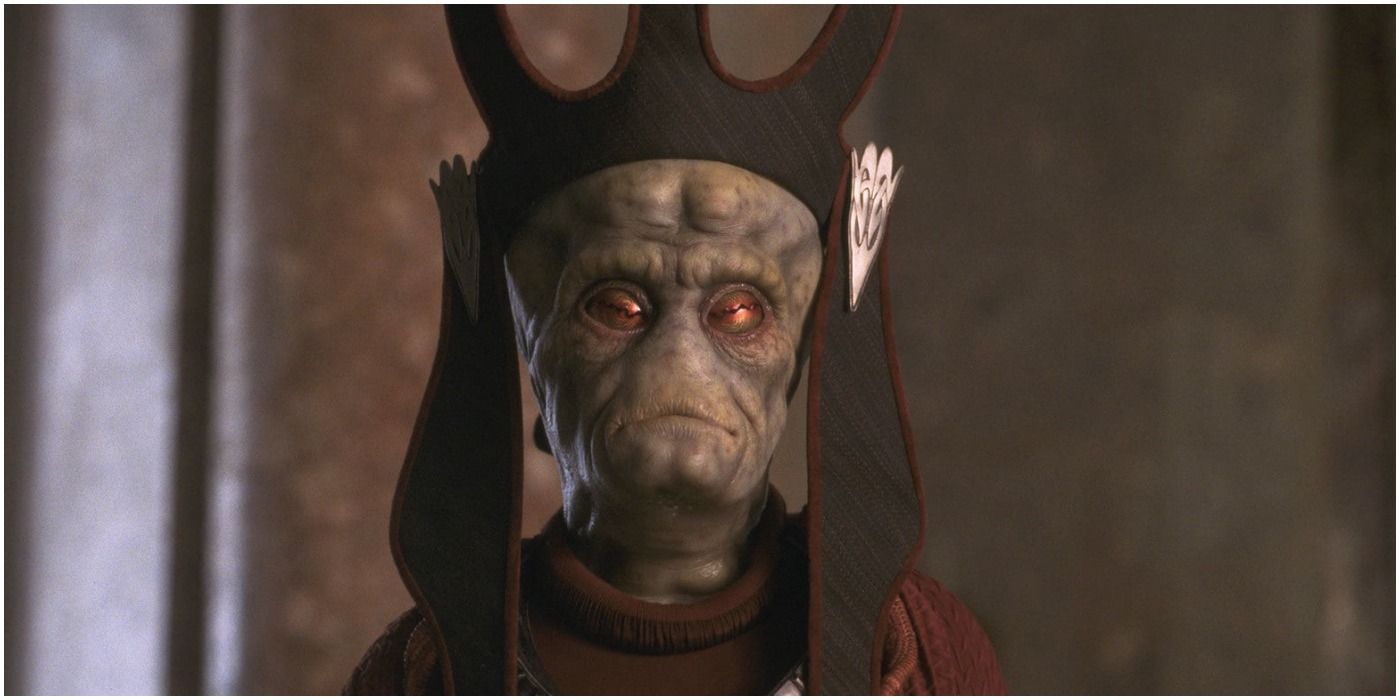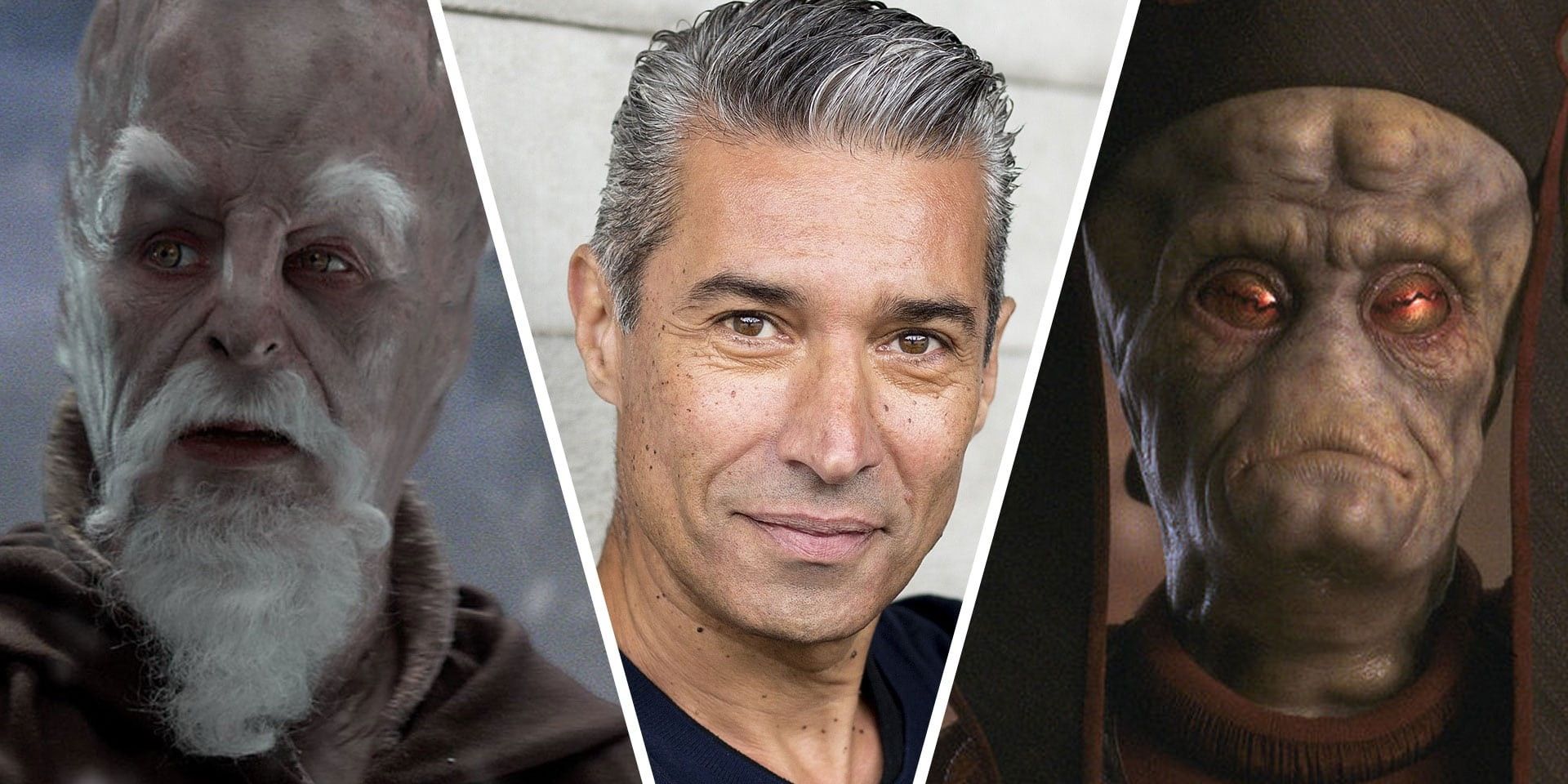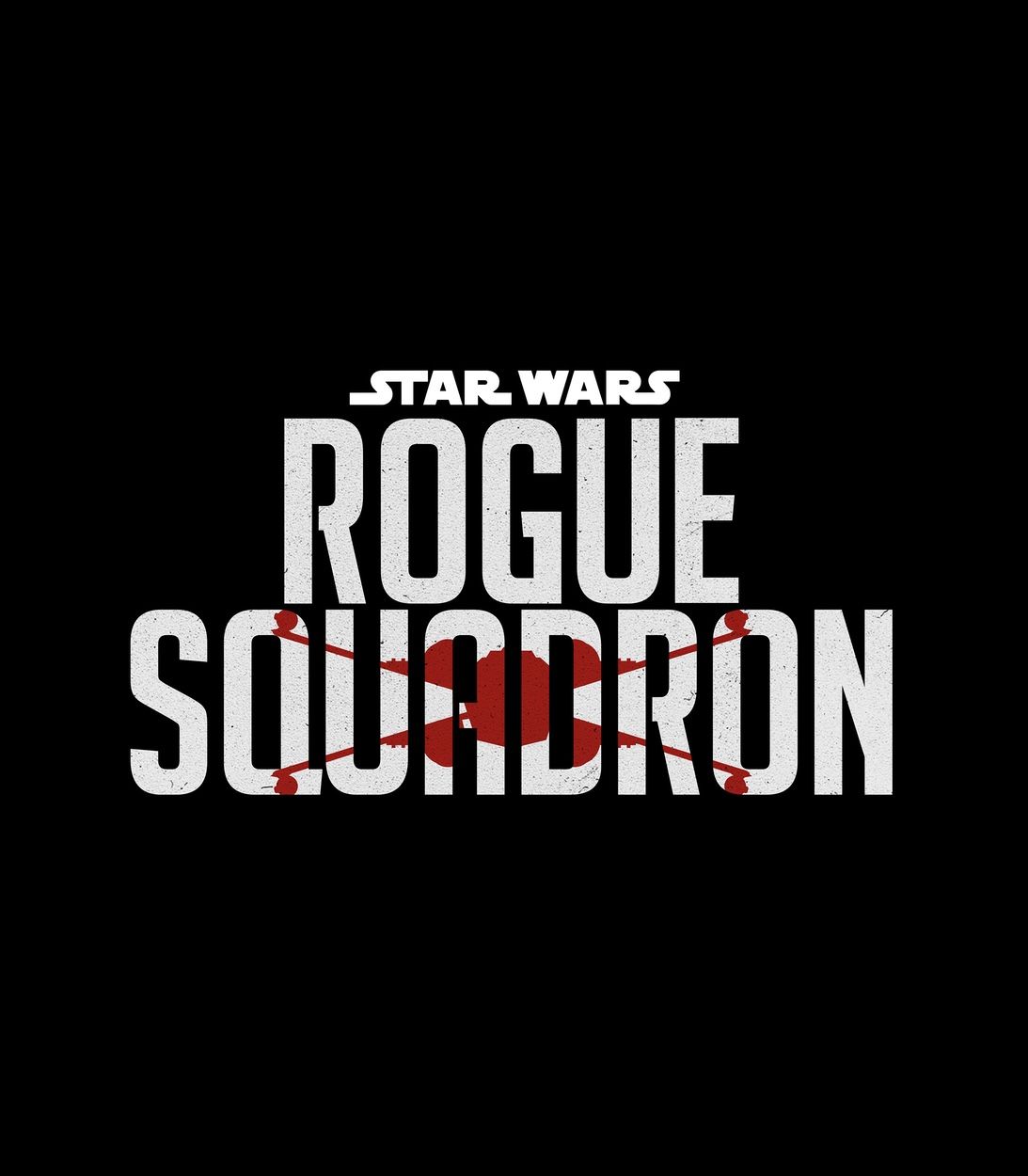Silas Carson, who played the role of Nute Gunray in Star Wars: Episode I - The Phantom Menace defends the movie from the accusations of racism leveled at his character. Carson’s involvement in The Phantom Menace stretched far beyond just the Neimoidian leader, as he eventually played a total of four roles including; Neimoidian politician Lott Dodd who represented the Trade Federation at the Galactic Senate, co-pilot of Qui-Gon and Obi Wan’s ambassadorial transport ‘Radiant VII’ Antidar Williams and Jedi Master Ki-Adi Mundi. He also went on to reprise the roles of Gunray and Mundi in the remainder of the prequel films.
The role must have been somewhat troubling however, as the character of Gunray was accused of being a racist caricature fairly soon after The Phantom Menace released. Many saw him, and the Neimoidian race in general, as caricatures of Asian people and pointed to their costume as being similar to historical Chinese dress. Of particular issue however, was the way in which the Neimoidians spoke in stunted, nasal English, a racist stereotype often used to depict Asian people attempting to communicate.
Carson however, sees it differently. In an interview with The Geeknd, he addresses the controversy, making a point to defend writer/director George Lucas from any racist accusations. The actor discussed the process that went into creating Nute Gunray's voice. Check out his comments in the space below:
"George came up with that. He was looking around for different kinds of accents that would work with these characters and I know there was a lot said after the phantom menace came out, a lot of people seemed to think that they were Japanese voices and there were some, y'know, unpleasant kind of slight on economics and world geopolitics, it wasn't like that at all.
[Lucas] got actors around the world to record lines and then he listened and kind of figured out for himself what he thought sounded right,
Thai actors speaking English words, it sounded like they were blocked up, nasally. Y'know like, we all have different ways of speaking, if you listen to an American accent its a lot more nasal than an English accent[...]And so with these Thai guys, it just felt as though their noses were blocked. And George thought this sounded right because the Neimoidians have no noses. That's why he went for that accent.
I know that George is not the kind of person to put any secretive slights in his movies"
On one hand, Carson’s defense of Lucas and the outlining of the creative process does manage to counteract the speculation that surrounds The Phantom Menace and does away with the idea that Lucas willfully placed offensive stereotypes in the film. This kind of accusation was also leveled at Jar Jar Binks, who many saw as a Caribbean caricature, although both Lucas and Binks actor Ahmed Best have publicly denied this. For Carson to echo this sentiment shows that there was clearly never a racist intention in The Phantom Menace’s characters. On the other hand, if the Neimoidians are based on how a particular group of people talk, then it wouldn’t be too far fetched to label it as somewhat of a caricature, even if it is down to the Neimoidians physical limitations. While Carson does explain that the cowardly, slimy aspects of the character are based entirely on the work of legendary villain actor Peter Lorre, and not on any cultural aspects, it isn’t hard to see how some people connected it to the speech impediment and drew the conclusion that it was a caricature.
It’s a difficult topic to discuss, particularly as the discourse surrounding this topic, and discussions in the Star Wars fandom in general, can be so polarizing. Whilst there was likely no racist intention, and Carson’s point about Lucas’ not wanting to put in any “secretive slights” are almost certainly true, looking back on the film with our modern approaches to racial depictions does not do it any favors and, as previously stated, these criticisms were mate at the point of the film's release. Perhaps the best option is to see The Phantom Menace as an opportunity to learn about how easily simple decisions that actors make can quite easily be interpreted as an offensive depiction, even if it done with the best of intentions.
Source: The Geeknd



